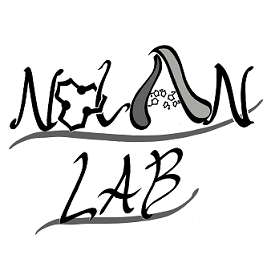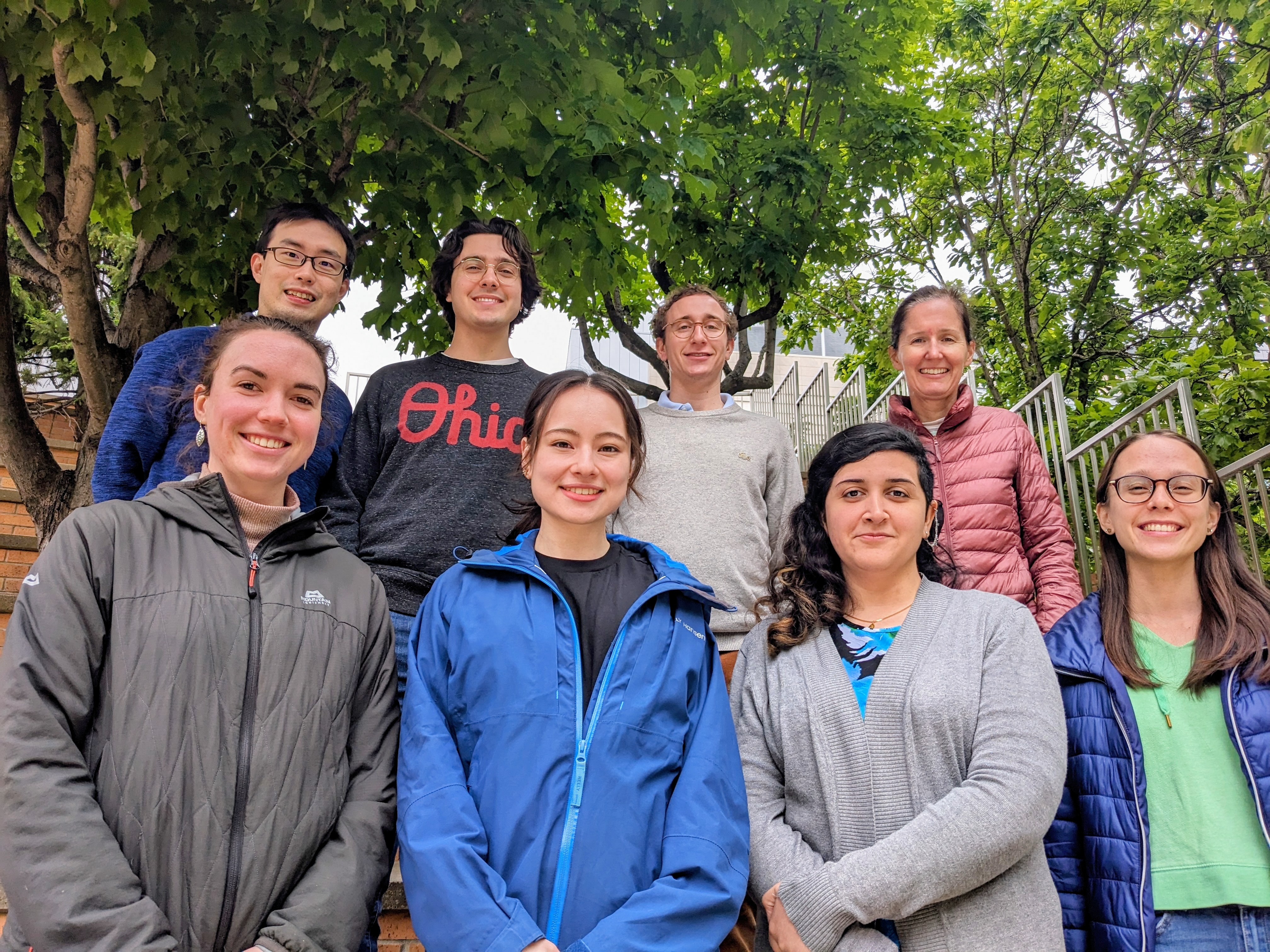


We are members of the Department of Chemistry at MIT. Our current research program addresses the chemistry and biology of human innate immunity and microbial pathogenesis. We employ the toolkits of biological chemistry, inorganic chemistry, and microbiology to decipher the interplay between human host-defense molecules and microbes, and to conceptualize and evaluate potential new strategies for preventing and treating microbial infections. A significant portion of our research program addresses “metals and immunity”. Transition metal ions are essential nutrients required for life processes that range from DNA synthesis to respiration; thus, metal availability in the host environment is a key factor contributing to whether microbial infection occurs. Our ongoing investigations include deciphering the unprecedented biological coordination chemistry and innate immune function of S100 proteins including human calprotectin and leveraging the chemistry and biology of bacterial siderophores for potential therapeutic application. In total, our research program affords paradigms for discovering and elucidating new bioinorganic chemistry, advancing fundamental understanding of human innate immunity and microbial physiology, and achieving new approaches to combating infectious disease.